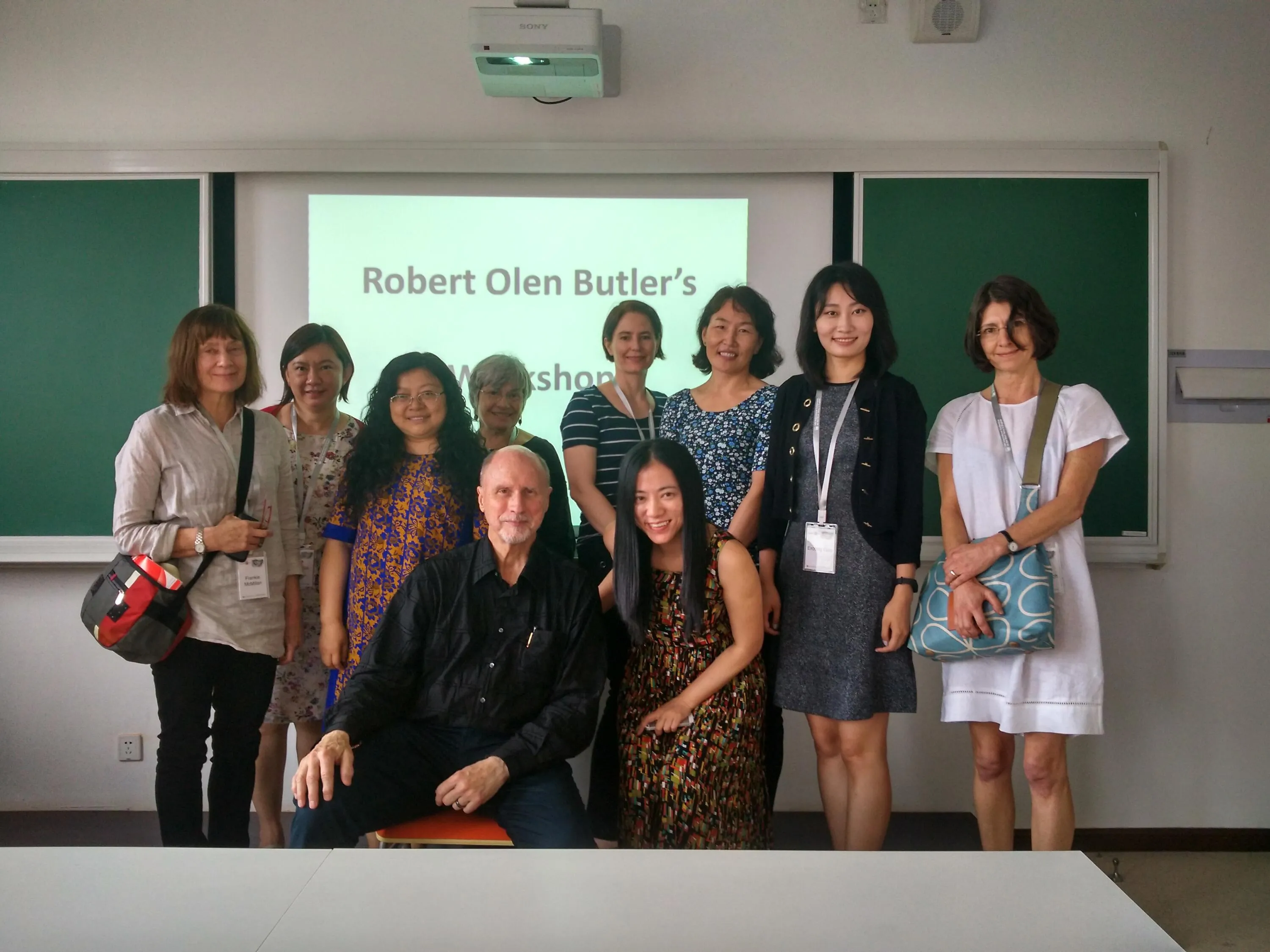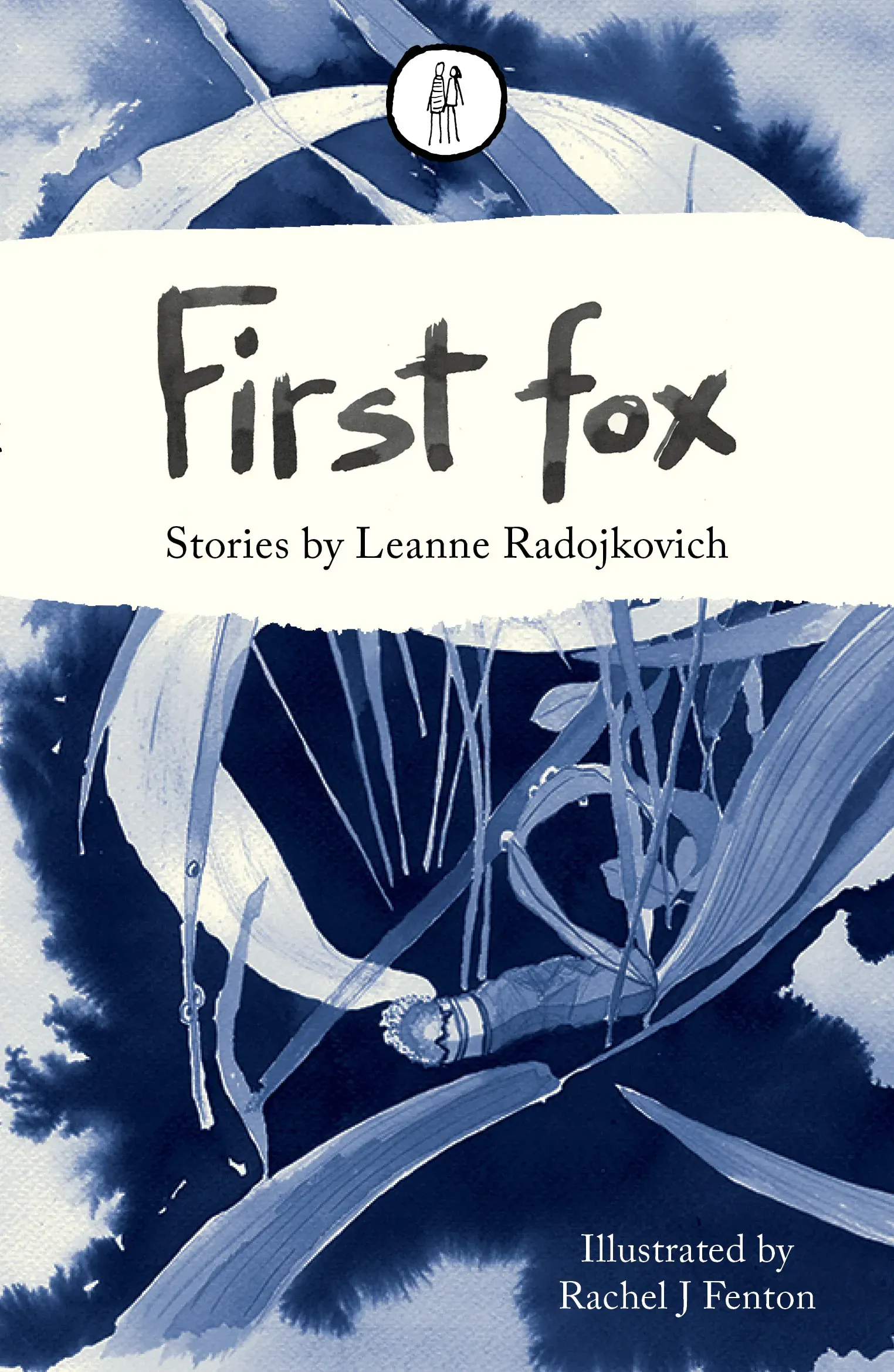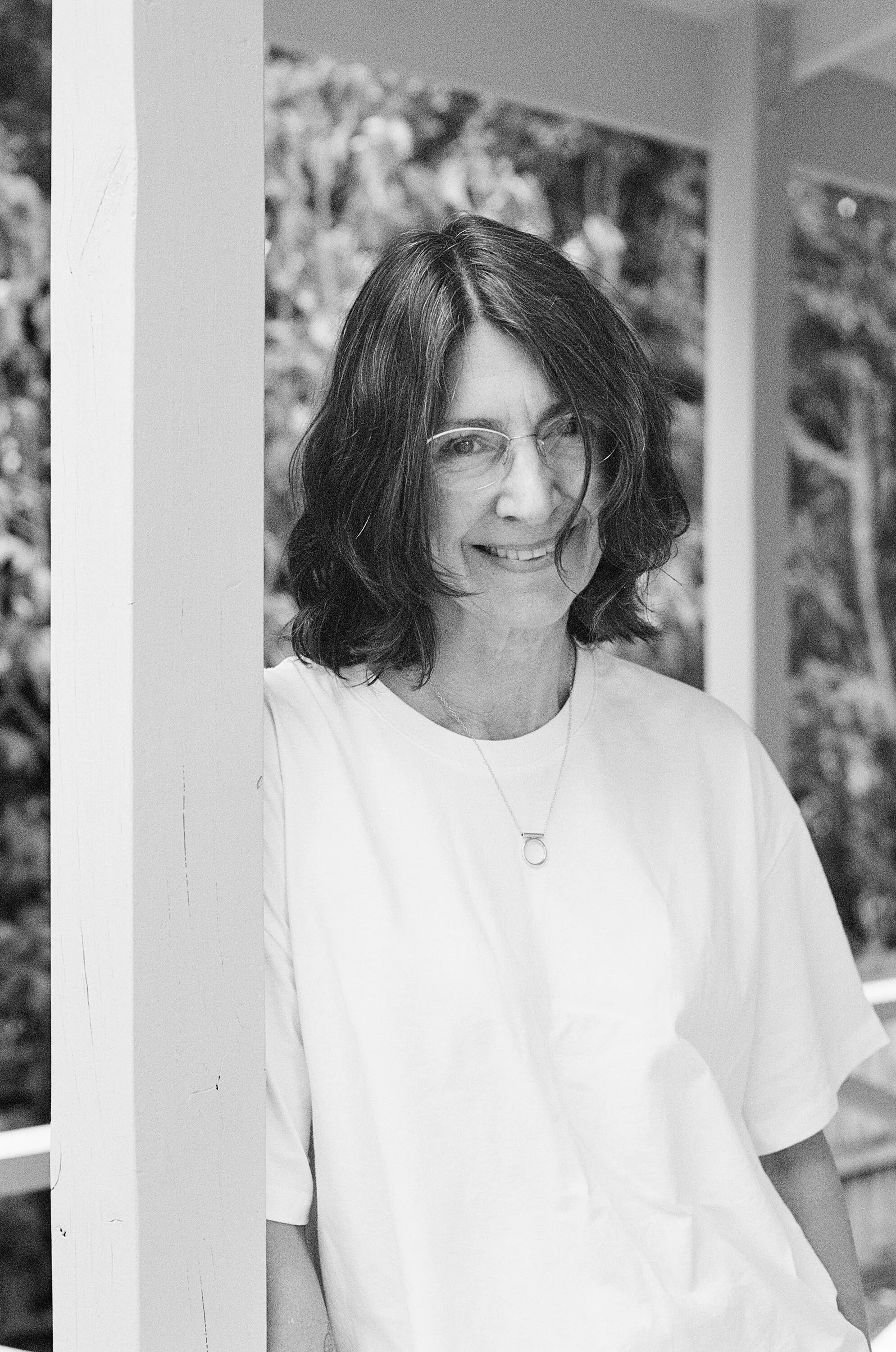Gather Your Glimmers of Inspiration
Written by
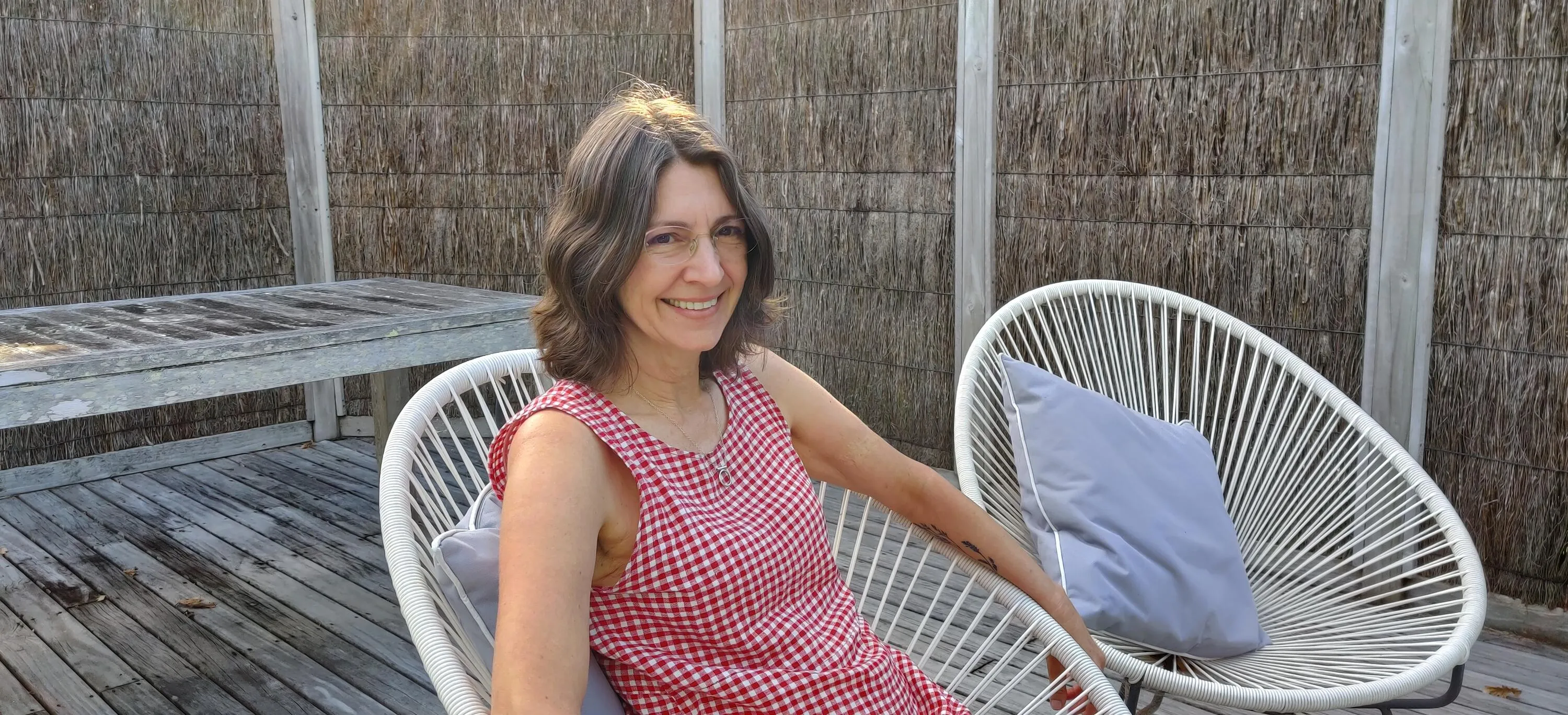
Withdrawn from the normal things she enjoys that connect her with art and people, writer Leanne Radojkovich felt her emotional or mental health balance tilt during lockdown.
“I was missing friends and family. It was quite good for me to have that feeling as it deepened my understanding of lots of situations. In truth, it enriched my practice.
“But I was lucky it was only a tilt - nothing further than that. It showed me how fragile mental health and emotional stability really are.”
Away from her work life as a city librarian at the Takapuna Library where she also curates and promotes the Angela Morton Room Te Pātaka Toi Art Library, Radojkovich appreciated more time to read.
“The quiet city let ideas slowly percolate as I walked around and around the same patch of neighbourhood, noticing trees and plants, cracks in the footpath and birds which seemed to take over the soundscape.”
During this time, she struggled to start her new short story collection. Now, she feels it’s her best yet and Hailman comes out this May.
“I’m feeling pretty good about it. It’s different to my debut collection, First fox which was released in 2017. I’m just waiting to see what will evolve next.”
Creative eco-system
When we spoke, Radojkovich was excited to be the guest fiction editor of Takahē magazine, which is a nurturing zone for writers; a serious smorgasbord for the literary arts showcasing New Zealand fiction.
Radojkovich regards the magazine as a really important component of Aotearoa’s literary eco-system. She found it a joy reading numerous entries to see what other people are writing, what they’re interested in and getting a sense of the vibrant community of short story writers out there.
“Every time you read something you’re interested in, in an artform it expands you and your own artistic practice. We need these beautiful eco-systems that people are contributing to and getting value from.”
Short is sweet
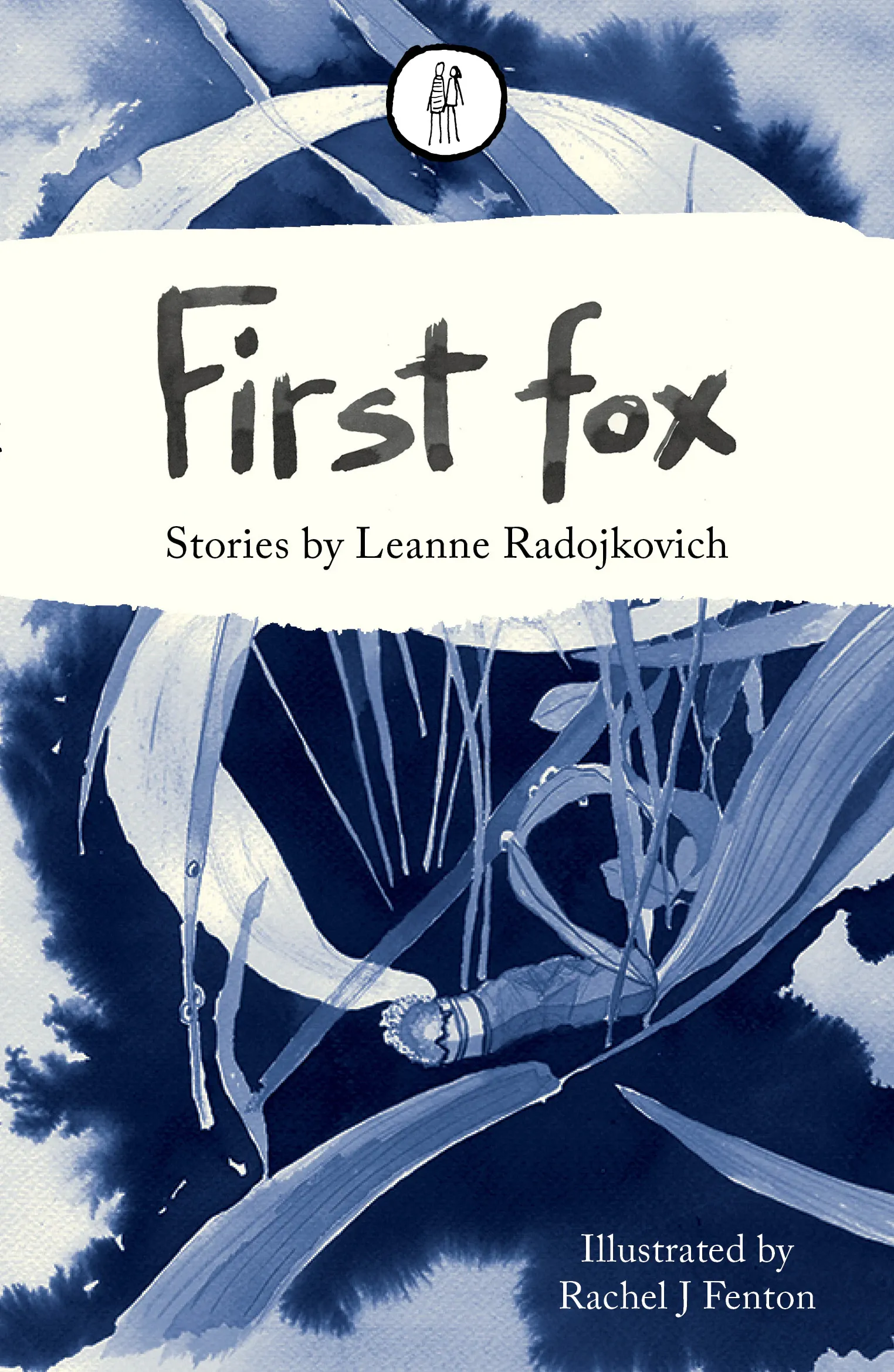
Short stories are the art form Radojkovich loves most - and has done since she was about 12 - when the precocious writer started sneaking her older sister’s books by Colette and Guy de Maupassant and reading them behind the sofa. She now has bookcases full of short story collections.
“It’s a scale I really enjoy. Whereas with a novel you sink into it, with a short story, you can put the whole story in your pocket and take it with you.”
Most recently her stories have appeared in Landfall 239, Short Fiction Journal (UK) and Turbine | Kapohau 20.
Sometimes her stories come within the flash fiction frame. These very short, short stories have been popularised since the internet came along and many writers have contributed to online journals.
“Flash is nice under 500 words. There are no real rules though. There are so many ways to write flash fiction.
“Often it’s a moment in time. It’s about condensing stories into a space that’s very small but very resonant. Although it’s small, it expands in you over time. They’re lovely little sudoku puzzles to write and satisfying to read because of this after-effect.”
Mysterious motivation
Shortlisted for the 2020 Sargeson Prize, Radojkovich has never quite been able to pin down where her own creativity comes from. She finds it a mysterious process.
“Little glimmers come and I gather them in an old exercise book. At a certain point, there will be enough to start piecing the story together. I never know what it’s going to be and I don’t want to know because I want it to be a surprise, an adventure.”
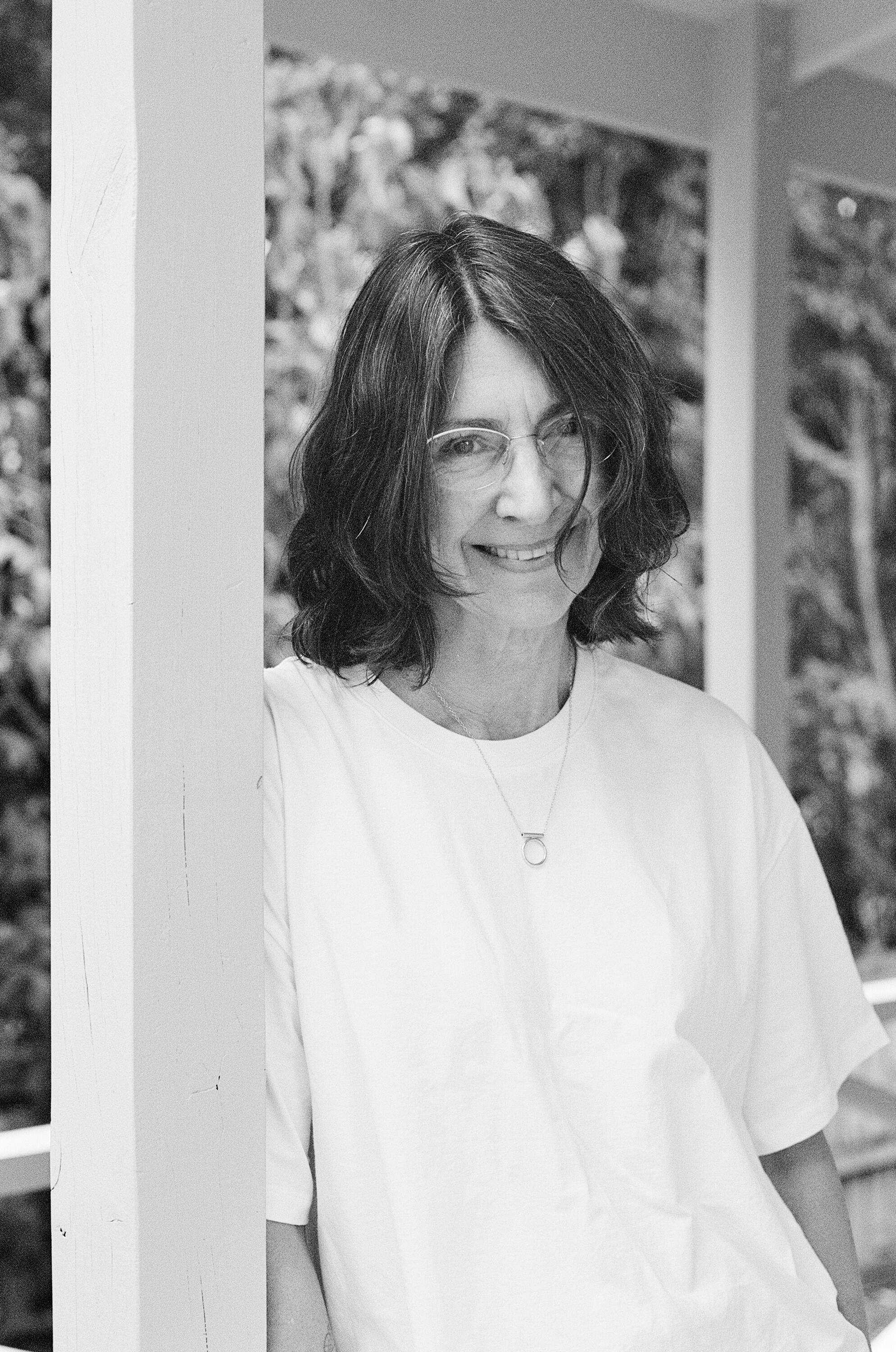
Leanne Rodojkovich. Photo: Nicole Brannen.
She tries to enter an imaginary zone and to make a story from that.
“At a certain point, all the little pieces start to hum and the story starts to evolve.”
Given that writing improves as you go along, she says, “There’s no end in sight as to how much you can improve if you keep reading lots, especially lots of what you love.”
How to get involved
Taking part in writer’s groups provides her with constant stimulation. Radojkovich totally encourages getting involved and recommends Inside Out, run by Anita Arlov in Auckland, where anyone can come and read their work aloud to a group. Live poetry readings at the Thirsty Dog in Auckland’s Karangahape Road are fun.
She adds that the NZ Society of Authors Te Puni Kaituhi o Aotearoa is a wonderful organisation which supports and promotes writers and the literary community with branches throughout the country. In Auckland, there is a monthly meeting with a guest speaker, and lots of camaraderie.
“There are lots of different writers groups. Google them. You meet people. You create a little culture. You’re part of the culture. It’s a lovely thing to be involved in.”
Words around the world
Then there is travel.
In 2016, Radojkovich was browsing online when she found there was such a thing as a short story conference and was totally transfixed. After contacting one of the organisers, Maurice Lee of the University of Central Arkansas, to find out more, they became friends, via their love of the short story form. Then he invited Radojkovich to the 14th International Conference on the Short Story in English, held at the East China Normal University in Shanghai.
He asked her to invite other New Zealand writers too and she went across with Frankie McMillan. While there, Radojkovich took part in a panel discussion about the short story in Aotearoa.
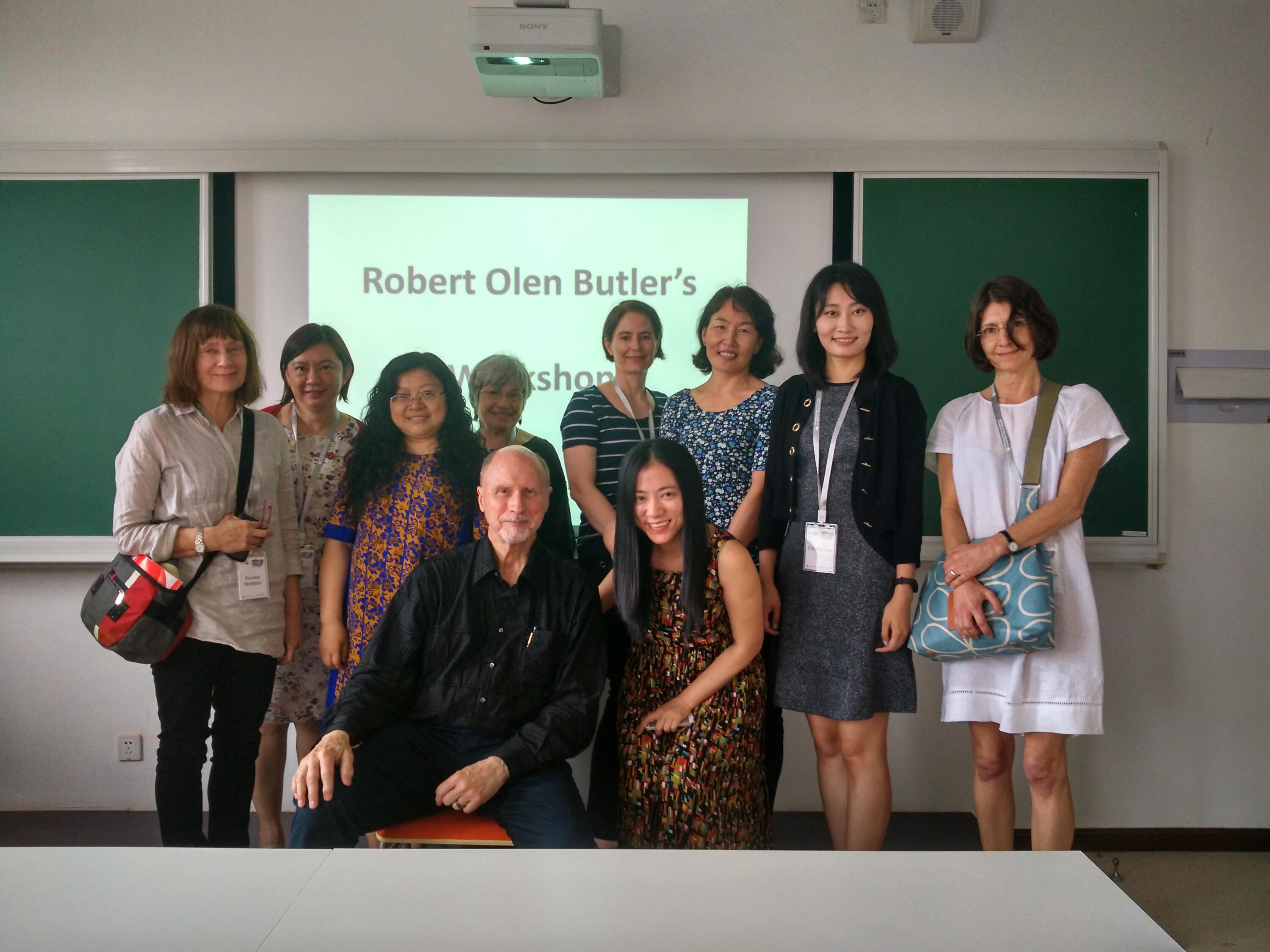
Frankie McMillan (far left) and Leanne Radojkovich (far right) at Robert Olsen Butler's workshop. Photo: Supplied.
“It felt so good mentioning writers I love such as Amelia Batistitch, and also sharing C. K. Stead's advice about the economy of words. He said ‘use 10 rather than 20 to convey content, or 20 rather than 40, and then those 10 or 20 words work harder, and gain a kind of radioactivity.’”
A highlight was attending a workshop run by Yiyun Li and being part of a reading with Su Tong, a rock star writer in China whose novella Raise the Red Lantern became a film nominated for an Academy Award.
“And so knowledge increases, and pleasure too. I met others who also love short stories, who I'm still in contact with, writers from Ireland, Austria, Australia, Italy, and Maurice, who has invited me to the 2022 conference which will be held in Singapore.”
Radojkovich is looking forward to tracing her grandmother’s family who were coal miners on the West Coast near Greytown. She’s already visited other family members all the way over in Dalmatia.
“But I haven’t been to Hokitika. I feel this is terribly remiss and I must do something about it.
“Anything that takes you out of your comfort zone expands you and expands your artform, because art and yourself are one big bundle”.
Radojkovich's short story collection Hailman (The Emma Press) will be launched at the Auckland Writers Festival in May.
